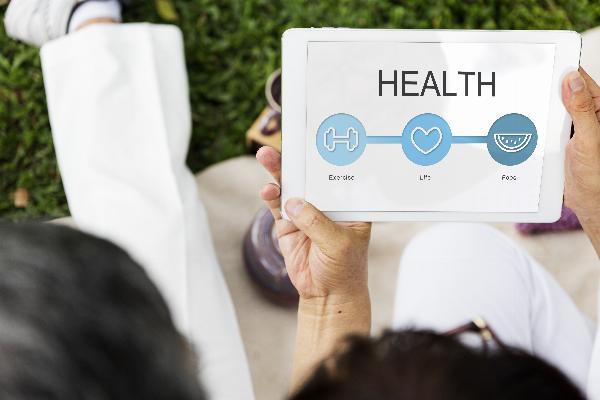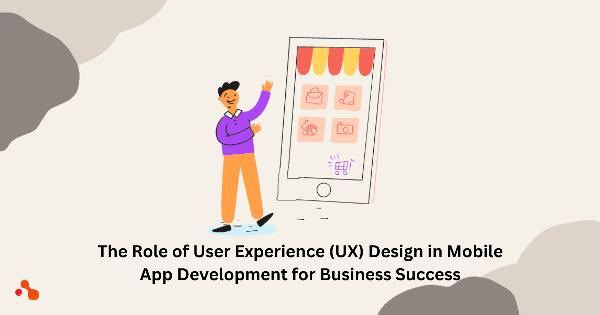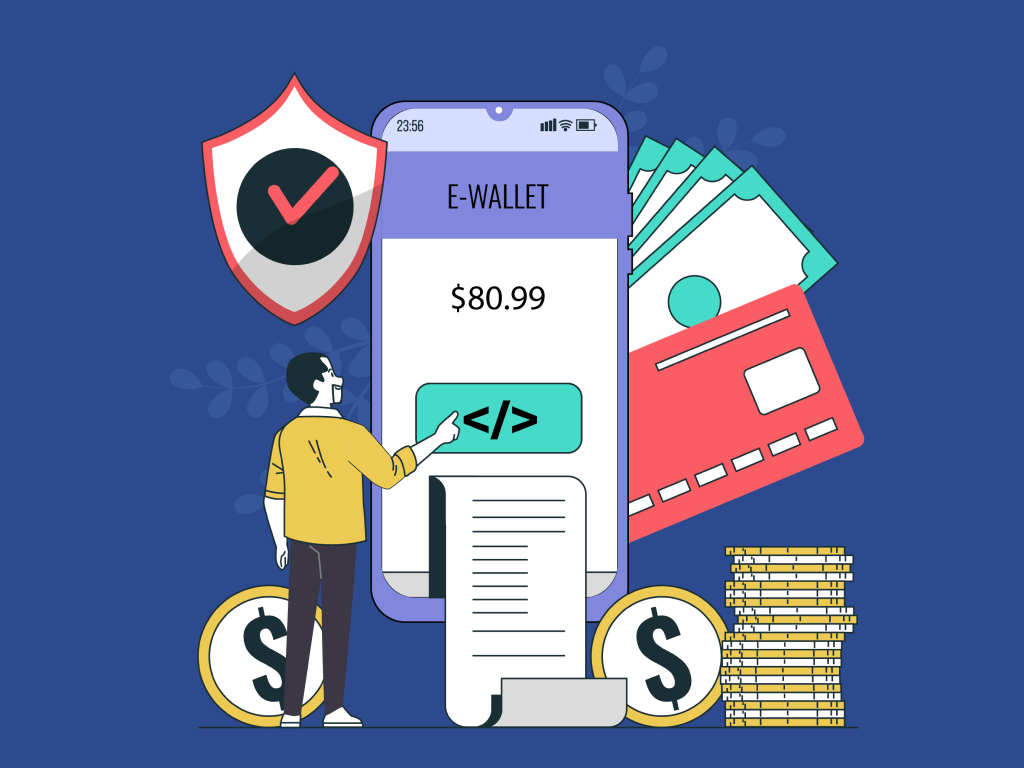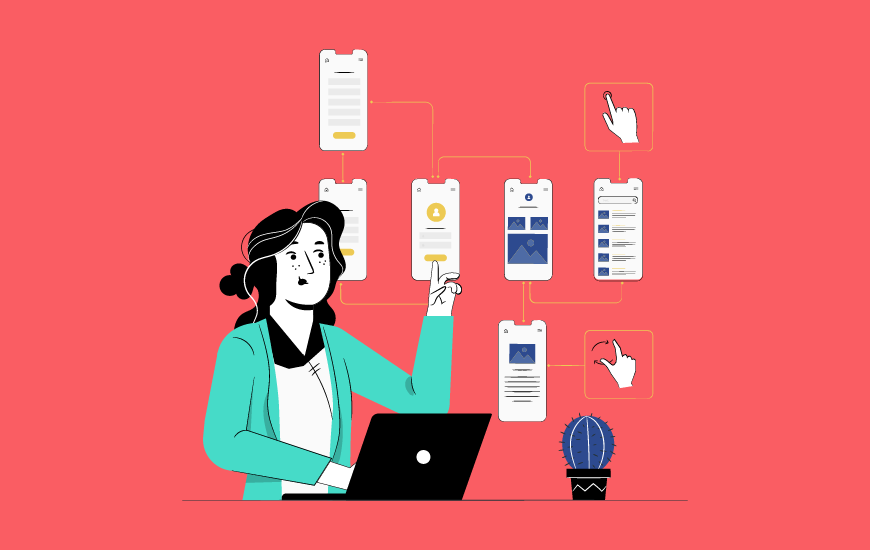 Newsletter Copywriting – Emails That Convert, Not Bore!
Newsletter Copywriting – Emails That Convert, Not Bore!
Navigating the HealthTech Landscape: 11 Critical Factors in Healthcare App Development
Written by Larisa Albanians » Updated on: June 17th, 2025 498 views

Introduction
The rapid evolution of technology has transformed the healthcare industry, paving the way for innovative solutions that enhance patient care, streamline processes, and improve overall efficiency. One of the pivotal contributors to this transformation is the development of healthcare apps. These applications, ranging from patient portals to telemedicine platforms, can revolutionize healthcare delivery and experience. In this blog, we will delve into 11 critical factors that play a decisive role in healthcare app development.
Compliance with Healthcare Regulations
In the highly regulated healthcare sector, adherence to regulatory standards is non-negotiable. Developers must be well-versed in healthcare compliance, including the Health Insurance Portability and Accountability Act (HIPAA) in the United States or the General Data Protection Regulation (GDPR) in Europe. Ensuring that the app complies with these regulations is crucial for protecting patient data and avoiding legal consequences.
Data Security and Privacy
Healthcare apps deal with sensitive patient information, making data security and privacy paramount. Robust encryption, secure authentication mechanisms, and adherence to industry standards are essential for safeguarding patient data against unauthorized access. Regular security audits should be conducted to identify and address potential vulnerabilities.
User-Friendly Interface and Experience
Creating a user-friendly interface is critical for the success of healthcare apps. Patients, healthcare providers, and administrators should find the app intuitive and easy to navigate. A well-designed user experience enhances engagement, encourages adoption, and contributes to the overall success of the application.
Interoperability with Existing Systems
Integration with existing healthcare systems, such as Electronic Health Records (EHR) and other health information systems, is crucial for the seamless flow of information. Ensuring interoperability allows healthcare providers to access comprehensive patient data, leading to more informed decision-making and improved patient outcomes.
Scalability for Future Growth
Healthcare apps must be designed with scalability in mind to accommodate future growth and increased usage. As the user base expands or new features are added, the app should be able to handle the increased load without compromising performance. Scalable architecture and cloud-based solutions can facilitate this adaptability.
Telehealth and Remote Patient Monitoring Integration
The rise of telehealth and remote patient monitoring underscores the importance of incorporating these functionalities into healthcare apps. Features like video consultations, remote monitoring of vital signs, and secure messaging between patients and healthcare providers enhance accessibility and convenience for both parties.
Clinical Decision Support Systems
Integrating Clinical Decision Support Systems (CDSS) within healthcare apps empowers healthcare professionals by providing real-time information and insights. CDSS can offer evidence-based recommendations, alert clinicians to potential issues, and support more accurate diagnoses and treatment plans.
Real-Time Communication and Collaboration Tools
Facilitating seamless communication and collaboration among healthcare teams is crucial for efficient patient care. Healthcare apps should include features such as secure messaging, file sharing, and real-time updates on patient status. These tools enhance coordination and ensure timely responses to patient needs.
Artificial Intelligence and Machine Learning Integration
The integration of Artificial Intelligence (AI) and Machine Learning (ML) can bring significant advancements to healthcare apps. From predictive analytics for disease prevention to personalized treatment recommendations, AI and ML technologies can optimize patient care and outcomes.
Usability Testing and User Feedback Integration
Usability testing is an ongoing process that involves gathering feedback from end-users to identify areas for improvement. Integrating user feedback ensures that the app aligns with the needs and preferences of both healthcare providers and patients. Regular updates based on user input contribute to continuous enhancement and user satisfaction.
Post-Launch Support and Maintenance
The journey of healthcare app development doesn't end with the app's launch. Providing reliable post-launch support and maintenance is crucial for addressing issues, implementing updates, and ensuring the app remains current with evolving healthcare standards and technologies.
Conclusion
Healthcare app development stands at the intersection of technology and patient care, offering unprecedented opportunities to improve accessibility, efficiency, and outcomes. By prioritizing compliance, data security, user experience, and integration with emerging technologies, developers can create robust and effective healthcare apps. The evolving landscape of health technology requires a proactive approach to address the unique challenges and opportunities that healthcare app development presents. With a focus on these 11 critical factors, developers can contribute to the ongoing transformation of healthcare delivery, making a positive impact on patient well-being and the efficiency of healthcare systems worldwide.
Note: IndiBlogHub features both user-submitted and editorial content. We do not verify third-party contributions. Read our Disclaimer and Privacy Policyfor details.
Copyright © 2019-2025 IndiBlogHub.com. All rights reserved. Hosted on DigitalOcean for fast, reliable performance.















